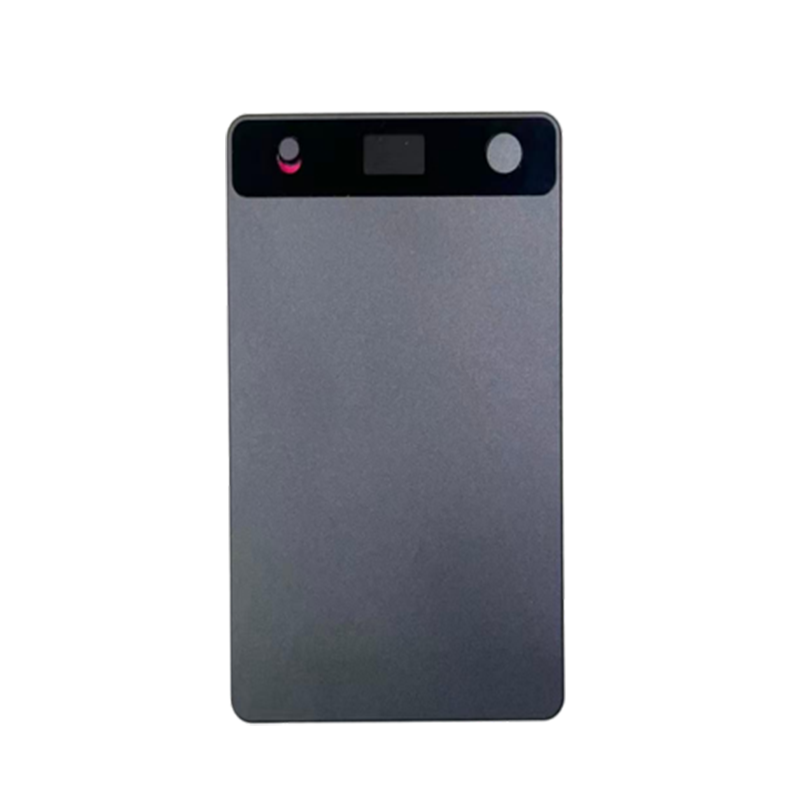Applications of Trackers in Logistics and Cargo Transportation
Release time: 2025-09-13
Table of Contents
In today’s era of global trade and fast-growing e-commerce, logistics and cargo transportation have become more important than ever. Whether it’s international shipping or local delivery, safety, efficiency, and transparency during transportation are always top concerns. The use of GPS trackers is bringing significant changes to the logistics industry.
1. Real-Time Tracking and Transparency
In the past, customers often had to wait without knowing where their goods were. Now, with GPS tracking system, logistics companies can monitor vehicles and cargo in real time and share updates through tracking systems. Customers can see the delivery progress anytime and even receive alerts when delays occur, greatly improving trust and satisfaction.
2. Improved Transportation Efficiency
Trackers are not just about location—they also provide valuable route data. Logistics companies can analyze this data to optimize delivery routes, avoid traffic congestion, and save both time and fuel costs. For fleet management, trackers can also monitor driving behavior, helping to enhance overall efficiency.
3. Enhanced Cargo Security
Cargo theft and loss have always been challenges in transportation. With trackers installed, if cargo deviates from the planned route, the system can send an immediate alert to managers. Advanced trackers may also include sensors for temperature and humidity, making them especially useful for cold chain logistics, such as food and pharmaceuticals, ensuring goods arrive in perfect condition.
4. Reduced Operating Costs
By analyzing data collected from vehicle trackers—such as fuel consumption, idle times, and route deviations—companies can identify inefficiencies and cut operating costs. This not only improves profitability but also helps businesses remain competitive in a demanding market.
5. Better Customer Experience
Modern customers expect more visibility. With real-time cargo tracking, customers feel less anxious and more confident in the logistics provider. A transparent and reliable service experience leads to higher repeat business and stronger word-of-mouth referrals.
6. Conclusion
The application of trackers in logistics and cargo transportation has shifted from being an “optional feature” to a “must-have tool.” They improve efficiency, boost security, and provide customers with transparent and reliable services. With the rise of 5G and IoT, the next generation of trackers will become even smarter, bringing new energy to the logistics industry.


